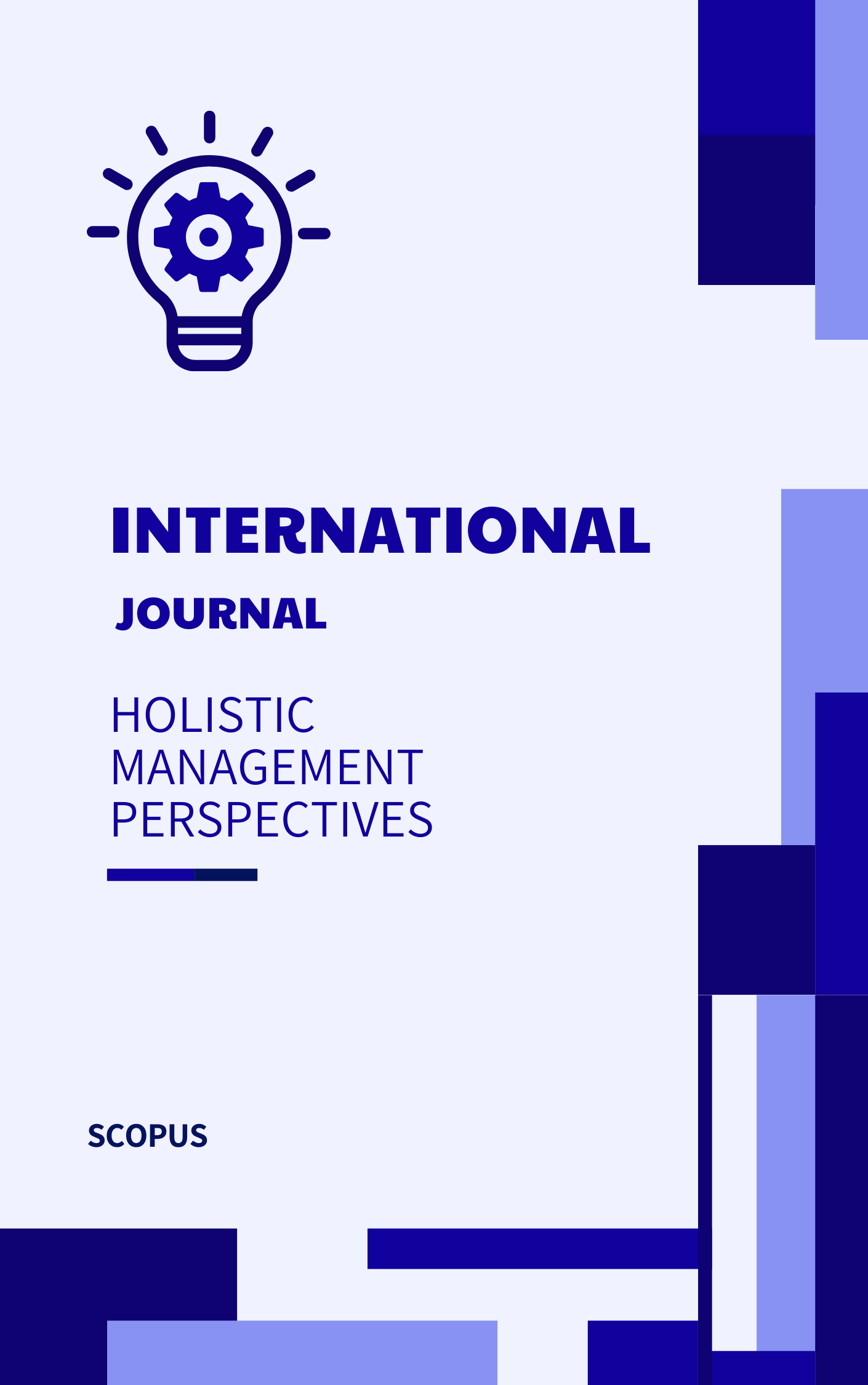AI-Driven Blockchain for Personalized Education: A Framework for Adaptive Learning Systems
Abstract
Personalized education aims to tailor learning experiences to individual students, but achieving this goal requires secure and reliable data management. This paper introduces an AI-driven blockchain framework for personalized education, focusing on creating adaptive learning systems that cater to the unique needs of each student. The blockchain component ensures the integrity and privacy of student data, while AI models analyze this data to create personalized learning paths and recommendations. Smart contracts are used to automate the delivery of educational content and assessments, ensuring that students receive timely and relevant resources. Our evaluation shows that the AI-driven blockchain framework improves student engagement and learning outcomes by providing a more tailored and responsive educational experience. This approach offers a scalable solution for implementing personalized education in both traditional and online learning environments.
Downloads
References
Chiu, C., & Lin, Y. (2020). Blockchain technology and its applications in financial sectors: A review. Journal of Financial Technology, 12(3), 145-162. https://doi.org/10.1016/j.fintech.2020.04.001
Satish, S., Meduri, K., Nadella, G. S., & Gonaygunta, H. (2022). Developing a Decentralized AI Model Training Framework Using Blockchain Technology. International Meridian Journal, 4(4), 1-20.
Satish, S., Nadella, G. S., Meduri, K., & Gonaygunta, H. (2022). Collaborative Machine Learning without Centralized Training Data for Federated Learning. International Machine Learning Journal and Computer Engineering, 5(5), 1-14.
Das, M. L., & Sahoo, S. R. (2019). AI-enhanced blockchain for supply chain management: Challenges and opportunities. Journal of Supply Chain Management, 9(2), 117-130. https://doi.org/10.1016/j.scm.2019.03.002
Dhillon, V., Metcalf, D., & Hooper, M. (2017). Blockchain-enabled applications: Understand the blockchain ecosystem and how to make it work for you. Apress. https://doi.org/10.1007/978-1-4842-3081-7
Esposito, C., De Benedictis, A., & Antonelli, F. (2019). Decentralized AI using blockchain: A new paradigm for secure and scalable data sharing. IEEE Transactions on Emerging Topics in Computing, 7(1), 120-131. https://doi.org/10.1109/TETC.2017.2764459
Gatteschi, V., Lamberti, F., Demartini, C., Pranteda, C., & Santamaria, V. (2018). Blockchain and smart contracts for insurance: Is the technology mature enough? Future Internet, 10(2), 20-31. https://doi.org/10.3390/fi10020020
Gupta, S., & Yadav, A. (2020). The role of AI and blockchain in e-commerce: A review of the literature. Journal of Digital Commerce, 14(4), 230-248. https://doi.org/10.1016/j.jdcom.2020.06.003
Karafiloski, E., & Mishev, A. (2017). Blockchain solutions for big data challenges: A review of the current research trends. IEEE Access, 5(2), 10158-10172. https://doi.org/10.1109/ACCESS.2017.2702188
Kher, R., & Kim, W. (2019). Blockchain for smart cities: Challenges and opportunities. IEEE Internet of Things Journal, 6(5), 8137-8150. https://doi.org/10.1109/JIOT.2019.2920243
Kshetri, N. (2018). 1 Blockchain’s roles in strengthening cybersecurity and protecting privacy. Telecommunications Policy, 42(4), 407-421. https://doi.org/10.1016/j.telpol.2017.12.003
Li, Z., Kang, J., & Yu, R. (2019). Consortium blockchain for secure energy trading in industrial internet of things. IEEE Transactions on Industrial Informatics, 14(8), 3690-3700. https://doi.org/10.1109/TII.2018.2794744
Liu, Y., & Zhang, Q. (2021). Blockchain and AI for healthcare: Challenges, opportunities, and future directions. Journal of Healthcare Informatics Research, 5(1), 153-169. https://doi.org/10.1007/s41666-020-00085-9
Miraz, M. H., & Donald, D. C. (2018). Application of blockchain in healthcare: A comprehensive study. Journal of Computer and System Sciences, 95(2), 33-52. https://doi.org/10.1016/j.jcss.2017.08.009
Nakamoto, S. (2008). Bitcoin: A peer-to-peer electronic cash system. Cryptography Mailing List at metzdowd.com. Retrieved from https://bitcoin.org/bitcoin.pdf
Nguyen, C. T., & Hoang, D. (2020). A review of blockchain technology applications in cybersecurity. Journal of Information Security, 13(4), 216-235. https://doi.org/10.4236/jis.2020.134014
Reyna, A., Martín, C., Chen, J., Soler, E., & Díaz, M. (2018). On blockchain and its integration with IoT: Challenges and opportunities. Future Generation Computer Systems, 88, 173-190. https://doi.org/10.1016/j.future.2018.05.046
Salah, K., Rehman, M. H. U., Nizamuddin, N., & Al-Fuqaha, A. (2019). Blockchain for AI: Review and open research challenges. IEEE Access, 7(1), 10127-10149. https://doi.org/10.1109/ACCESS.2019.2896108
Swan, M. (2015). Blockchain: Blueprint for a new economy. O'Reilly Media, Inc.
Wang, W., Hoang, D. T., Hu, P., Xiong, Z., & Niyato, D. (2019). A survey on consensus mechanisms and mining strategy management in blockchain networks. IEEE Access, 7(3), 22328-22370. https://doi.org/10.1109/ACCESS.2019.2896108
Xu, X., Weber, I., & Staples, M. (2019). Architecture for blockchain applications. Springer International Publishing. https://doi.org/10.1007/978-3-319-98146-5
Yli-Huumo, J., Ko, D., Choi, S., Park, S., & Smolander, K. (2016). Where is current research on blockchain technology?—A systematic review. PLoS One, 11(10), e0163477. https://doi.org/10.1371/journal.pone.0163477




